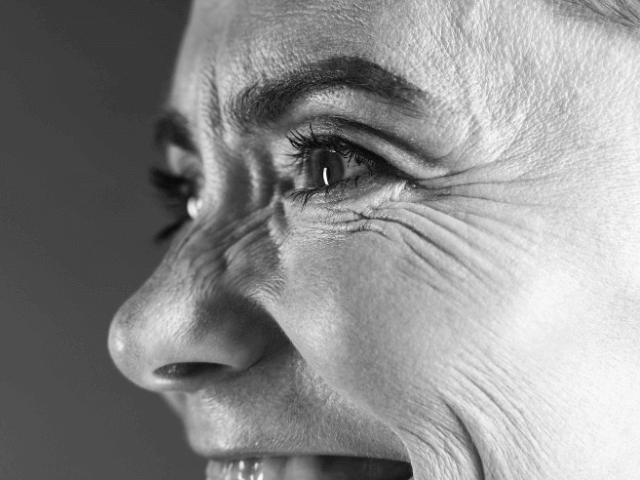Exciting Update: Privacy Policy Legislation Revamped!
19 September 2024
While we know the role of the microbiome’s link to skin health, its role in ageing skin has not been scientifically evaluated. A recent L’Oréal-funded study at UC San Diego may be the first to isolate microbes associated specifically with signs of skin ageing and health rather than chronological age.
Recent findings from a collaborative study carried out by researchers at the Centre for Microbiome Innovation (CMI) at the University of California, San Diego (UC San Diego) and L’Oréal Research and Innovation have identified a potential new link to signs of skin ageing: the skin microbiome.
The work was reported in a multi-study analysis that enables the identification of potential microbial features associated with skin ageing signs and was published in the January 11, 2024 issue of Frontiers of Ageing funded through a sponsored research agreement between L’Oreal Research and Innovation and CMI.
To the best of the team’s knowledge, the study is the first to isolate microbes associated specifically with signs of skin ageing and skin health, rather than chronological age.
Data analysis
The study comprehensively examined data collected during 13 studies that L’Oréal had carried out in the past, consisting of 16S rRNA amplicon sequence data and corresponding skin clinical data for over 650 female participants, aged 18-70.

Notable trends
In further exploring the trends, the researchers identified several potential biomarkers that warrant investigation as microorganisms of interest.
It would be premature to infer causation or actionable insights, but the study’s results have provided researchers with directions on the next steps to home in on a better understanding of microbial associations with skin ageing, according to the authors.
Microbial biomarkers
According to researchers, future paths of investigation could include metabolomics work to discover chemical biomarkers related to skin ageing, as well as meta-transcriptomics research into potential targets for genetic engineering.
“By confirming a link between the microbiome and skin health, we’ve laid the groundwork for further studies that discover specific microbiome biomarkers related to skin ageing, and, one day, show how to modify them to generate novel and highly targeted recommendations for skin health,” Professor Rob Knight confirmed.